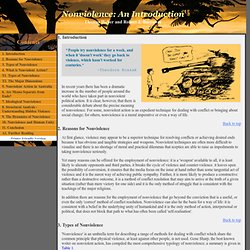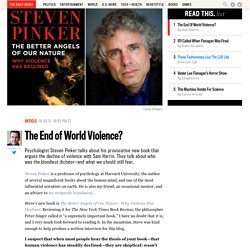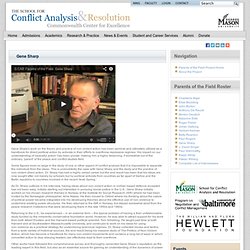

Jonathan Kozol On Kids Who Survive Inner Cities. Copyright © 2012 NPR.

For personal, noncommercial use only. See Terms of Use. For other uses, prior permission required. I'm Michel Martin and this is TELL ME MORE from NPR News. Coming up, we'll meet the star of the new film "Life of Pi," based on the best-selling novel by Yann Martel. But first we want to spend a few minutes talking about something that many of us spend more time thinking about at this time of year when many celebrate their good fortune.
Our next guest is Jonathan Kozol, a man who's brought the stories of the nation's poor out of the shadows through his many best-selling books. His latest is called "Fire in the Ashes. " Jonathan Kozol, thank you so much for speaking with us. JONATHAN KOZOL: Thanks so much, Michel. MARTIN: You start the book telling us about two young men, Eric and Christopher, and I was hoping you could just briefly lay out their stories. KOZOL: OK. MARTIN: What did happen to them? KOZOL: Eric and his mother and his little sister were blessed in one way. RSA Animate - Crises of Capitalism. Noam Chomsky: "Free Markets?" 28 Ways to Teach Nonviolence. Nonviolence : An Introduction. "People try nonviolence for a week, and when it 'doesn't work' they go back to violence, which hasn't worked for centuries.

" -Theodore Roszak In recent years there has been a dramatic increase in the number of people around the world who have taken part in nonviolent political action. It is clear, however, that there is considerable debate about the precise meaning of nonviolence. For some, nonviolent action is an expedient technique for dealing with conflict or bringing about social change; for others, nonviolence is a moral imperative or even a way of life.
Back to top At first glance, violence may appear to be a superior technique for resolving conflicts or achieving desired ends because it has obvious and tangible strategies and weapons. In addition there are reasons for the employment of nonviolence that go beyond the conviction that is a useful, or even the only 'correct' method of conflict resolution. (Sharp, 1973, p. 64) (Sharp, 1971, pp. 29-54) Back to topBack to top Other Campaigns. 5 Terrible Ideas That Solved Huge Global Problems. The ability to think outside the box is a valuable skill that tends to bring its possessor fame and fortune.

But there's a fine line to be balanced -- if you think too far outside the box, the best you can hope for is that your padded cell is somewhat clean. Yet sometimes, the most far-fetched, cartoonish ideas are the ones that work best. All it takes is the right idea and the ability to convince somebody to spend lots of money trying it. #5. Tokyo Decides to Prevent Crime With Mood Lighting The Plan: Nearly every city in the world wishes it could flip a magic switch that would cut down on crime, and only one city has a switch that turns on the Bat Signal.
PsychcentralThat's the sign for robot prostitutes. Yeah, right. How It Worked: Oh, wait, it totally did. And piped in some smooth jazz. Next, the Tokyo railroad decided to get in on the blue-light action, though the problem they wanted to solve wasn't so much the crime. Vision of Humanity. See the latest peace news and research Latest peace news,research and videos.

Breaking the Cycle of Violent Conflict with Johan Galtung. Peace Education. Peace Education. The End of World Violence? - Print View. Psychologist Steven Pinker talks about his provocative new book that argues the decline of violence with Sam Harris.

They talk about who was the bloodiest dictator—and what we should still fear. Steven Pinker is a professor of psychology at Harvard University, the author of several magnificent books about the human mind, and one of the most influential scientists on earth. He is also my friend, an occasional mentor, and an adviser to my nonprofit foundation. The Empathic Civilisation. Gene Sharp. Gene Sharp's work on the theory and practice of non-violent action has been seminal and ultimately utilized as a handbook for direct political action by activists in their efforts to overthrow repressive regimes.

His impact on our understanding of 'peaceful action' has been pivotal, making him a highly deserving, if somewhat out of the ordinary, 'parent' of the peace and conflict studies field. Some figures loom so large in the study of one or other aspect of conflict analysis that it is impossible to separate the individual from the ideas. This is undoubtedly the case with Gene Sharp and the study and the practice of non-violent direct action. Dr. Sharp has had a highly varied career but the end result has been that his ideas are now sought after not merely by scholars but by political activists from countries as far apart of Serbia and the Baltic republics to countries involved in the recent 'Arab Spring.' As Dr.